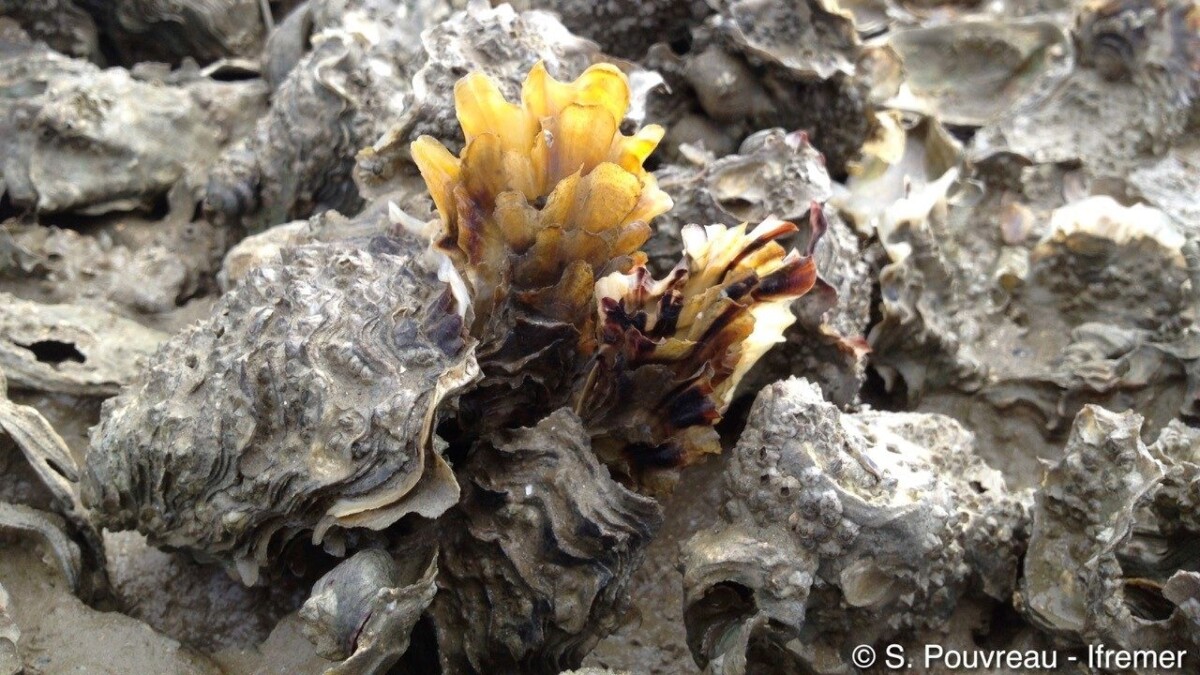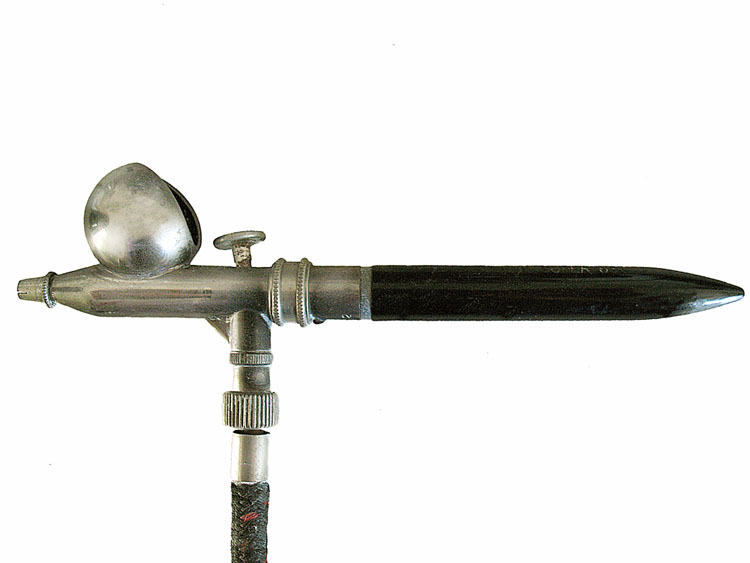Research News
-

‘Sentinels of the sea’ at risk from changing climate
Climate change’s effect on coastal ecosystems is very likely to increase mortality risks of adult oyster populations in the next 20 years. That is the finding of a new study led by the University of Nantes, the LEMAR (the Marine Environmental Science Laboratory) in Plouzané and the Cerfacs (European center for research and advanced training […]
-

Ability to recover after ‘maximum effort’ is crucial to make football’s top flight
Footballers’ ability to recover after high-intensity effort may depend not on their age, but on their division level, a new study has suggested. A multinational team of scientists led by the Complutense University of Madrid (UCM) carried out maximum-effort tests with Spanish division one and division two soccer players. They then measured the players’ oxygen […]
-

Meet the new guardians of the ocean – robot jellyfish
New robot jellyfish could be the key to monitoring and caring for fragile parts of the world’s oceans without damaging them. The robots were developed by a team of US scientists, from Florida Atlantic University (FAU) and the US Office of Naval Research. They were designed to be able to swim freely, steer from side […]
-

Mapping the future direction for quantum research
The way research in quantum technology will be taken forward has been laid out in a revised roadmap for the field. Published today in the New Journal of Physics, leading European quantum researchers summarise the field’s current status, and examine its challenges and goals. In the roadmap: Dr Rob Thew and Professor Nicolas Gisin look […]
-

New method makes spinning collagen microfibres quicker, cheaper, and easier
Scientists in Norfolk, VA (USA) have developed a new method of making collagen microfibres, which could have applications in research, medical devices and clinical treatments ranging from ligament damage to skin burns. While collagen fibre manufacturing methods such as electrospinning and extrusion exist for biomedical applications, they have seen limited clinical success. This is partially […]
-

Scientists unlock the properties of new 2D material
A new two-dimensional material has become a reality, thanks to a team of Danish and Italian scientists. The research, led by physicists at Aarhus University, succeeded in the first experimental realisation and structural investigation of single-layer vanadium disulphide (VS2). It is published today in the journal 2D Materials. VS2 is one of a diverse group […]
-

Graphene could be key to controlling water evaporation
Graphene coatings may offer the ability to control the water evaporation process from various surfaces, according to new research, The study, carried out by a team from the Chinese Academy of Sciences and the Collaborative Innovation Center of Quantum Matter (Beijing), looked at the interactions of water molecules with various graphene-covered surfaces. It is published […]
-

Rising sea levels could cost the world $14 trillion a year by 2100
Failure to meet the United Nations’ 2ºC warming limits will lead to sea level rise and dire global economic consequences, new research has warned. Published today in Environmental Research Letters, a study led by the UK National Oceanographic Centre (NOC) found flooding from rising sea levels could cost $14 trillion worldwide annually by 2100, if […]







